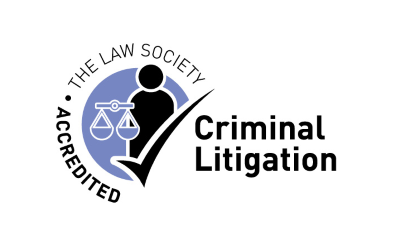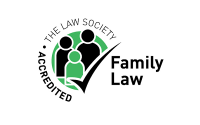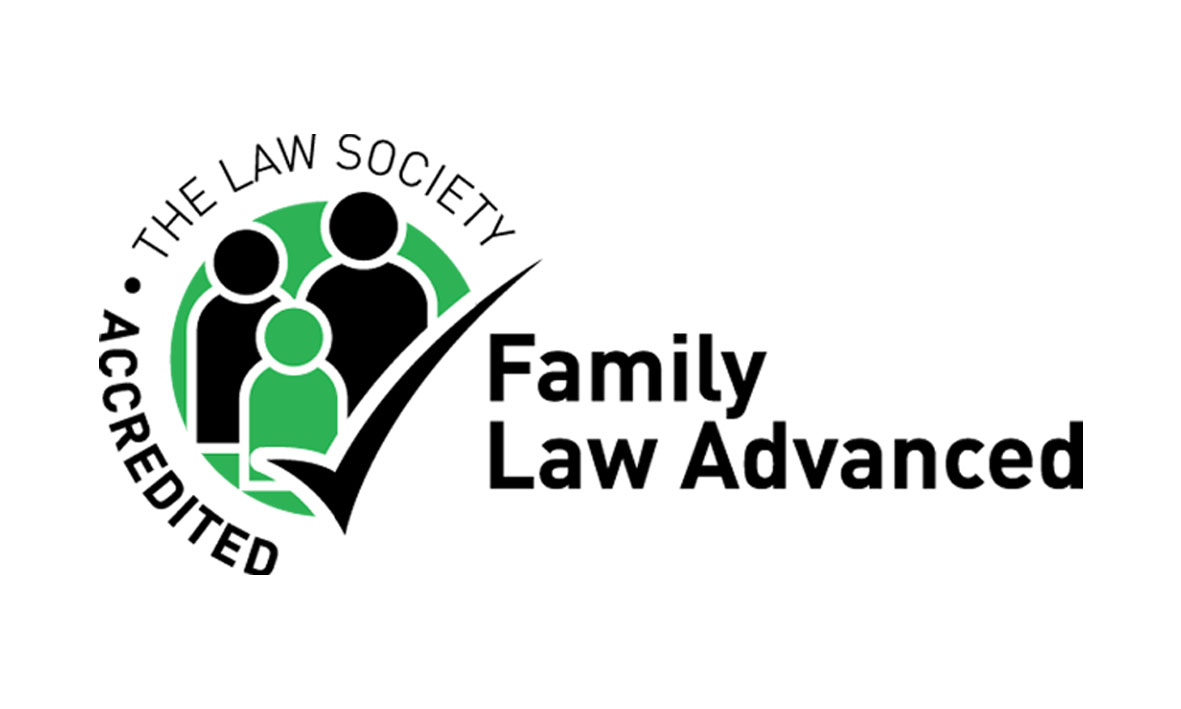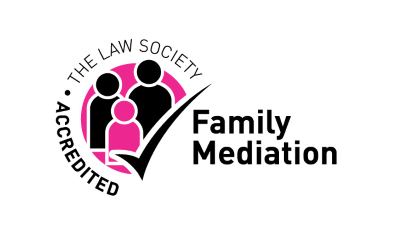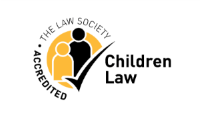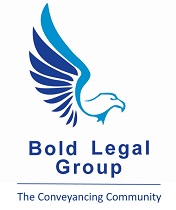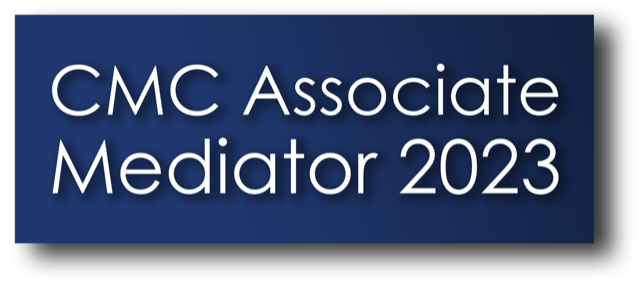We have specialists in many areas of legal practice. Make an enquiry today: 0330 333 2613
What Is Exceptional Hardship?

The totting up system under UK law states that if a driver exceeds a set amount of points within a three year period, this is considered to be a serious motoring offence. There are ways to argue this and one way is exceptional hardship.
Our motoring offence team can assist with exceptional hardship pleas, in this blog post we discuss exceptional hardship and what it means.
What is exceptional hardship?
Exceptional hardship is a legal argument that can be submitted to Court to either reduce or avoid a driving disqualification. The argument makes reference to any notable inconvenience or suffering (that is deemed beyond appropriate) that would be caused by a totting up ban.
What is considered ‘exceptional hardship’?
There are a number of examples of exceptional hardship, the most common including:
- A driving ban would cause you to lose your job/income, resulting in an inability to cover household bills and potential loss of property in the future.
- You are a carer and rely on driving to access the hospital.
- Not driving would mean you would be unable to assist vulnerable or elderly family members who are dependent on your driving license (e.g. with medical appointments/giving physical or general assistance with care).
- You are a community member or charity worker, and a driving ban would prevent you from providing essential community services.
- A disqualification would make you unable to assist with childcare.
If one of the examples is applicable to your circumstances, it doesn’t guarantee that your claim will pass. It is therefore important to instruct a solicitor who can fully advise you on your options.
What is not considered ‘exceptional hardship’?
Exceptional hardship arguments focus heavily on how others depend on your driving and how it would adversely affect you in terms of your job/income. It does not consider reasons such as:
- Being unable to attend social events.
- Being unable to attend the gym.
- Using public transport to travel to work is possible but inconvenient.
What happens after an exceptional hardship argument?
Once you have submitted your exceptional hardship argument, the Court will decide the most appropriate result for your case. The outcome could be:
- The exceptional hardship plea is not considered appropriate by the Court, thus imposing a driving disqualification for the minimum totting up ban period (usually 6 months).
- The plea is acknowledged by the Court, but still imposes a totting up ban (usually less than 6 months).
- The exceptional hardship plea is both acknowledged and accepted by the Court and a ban is not imposed.
It is vital that you seek our legal advice if you plan to make an exceptional hardship plea. Our motoring offence team are fully equipped to assist clients with totting up offences and are dedicated to achieving the best outcome for you.
How we can help
Our experienced team of motoring offence solicitors can provide whatever level of help you require at what can be a worrying and stressful time.
Whether you have been arrested or have received a letter in the post, we can help defend you and guide you through the process.
The level of help you would like from us is entirely up to you. Our team members all have experience of helping people at difficult times in their lives and we are committed to delivering to you a professional and confidential service.
How to make contact
Our team are on hand to help you and can assist wherever you are based. Please call us for a no-obligation, initial discussion on 0330 333 2613 or email enquiries@elliotmather.co.uk and we will call or email you back.

Felicity Coats
LLP MemberFelicity is an Solicitor and LLP Member within the firm having joined the Firm in 2006. She completed her law degree at Sheffield Hallam University in the 2005 and her Legal Practice Course at Chester Law School in 2006.
Felicity is based in our Derby Office and her main duties include providing advice and assistance at the Magistrates Court for a full range of offences. In addition to this Felicity provides advice and assistance to anyone attending for a police interview at under caution in Derbyshire and beyond. This cover is not only provided in office hours but also evenings, weekends and Bank Holidays.
Felicity has helped clients with a range of driving offences before the Magistrates Court to providing assistance on Murder cases at the Police station and Crown Court.
Felicity is the first port of call for all new clients at the Derby office and will give honest and sensible advice to those who are faced with difficult and stressful situations using her wealth of experience within the local Courts and Police Stations.

Elliot Mather LLP maintains professional indemnity insurance in accordance with the rules of the Solicitors Regulation Authority. Details of the insurers and the territorial coverage of the policy are available for inspection at our offices.
Registered Office: St. Mary's Court, St. Mary's Gate, Chesterfield, Derbyshire, England, S41 7TD
VAT Number: 126 3019 03
Regulatory Notice: Elliot Mather LLP is a limited liability partnership. Partnership number OC321320.
Authorised and regulated by The Solicitors' Regulation Authority. To view code of conduct visit www.sra.org.uk/code-of-conduct.page

